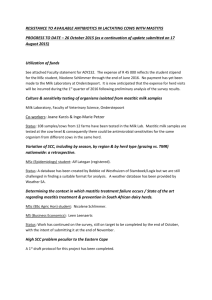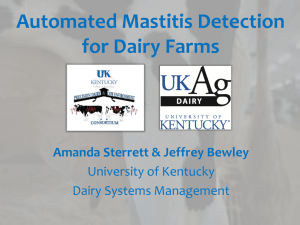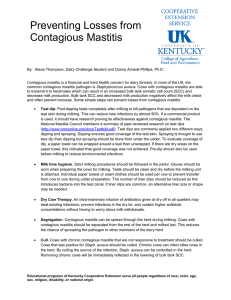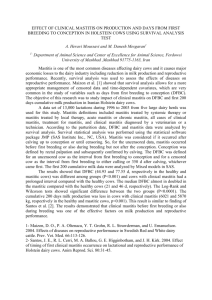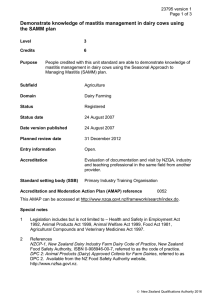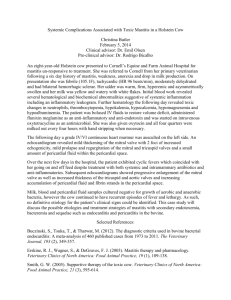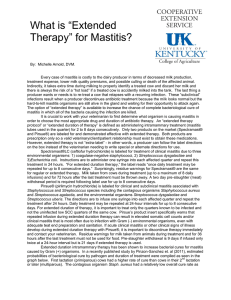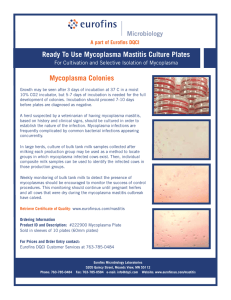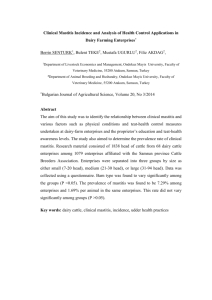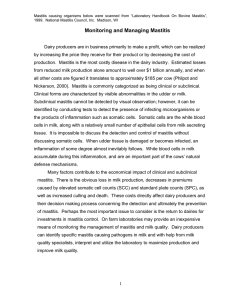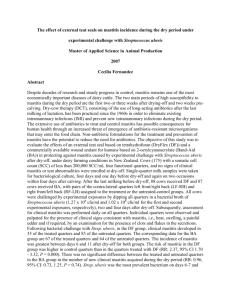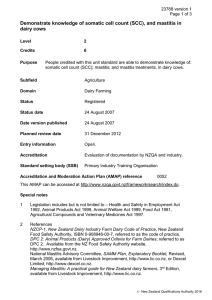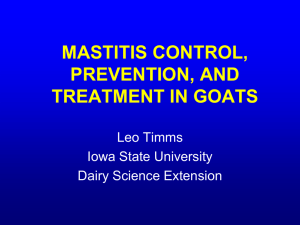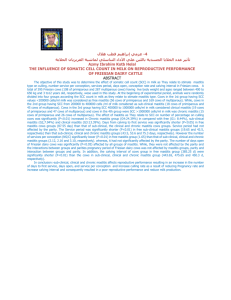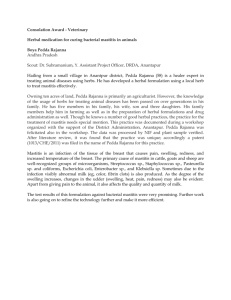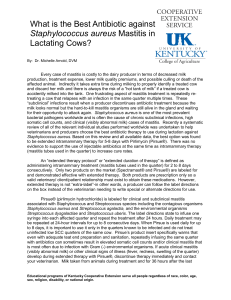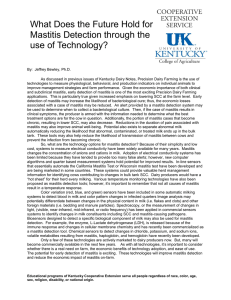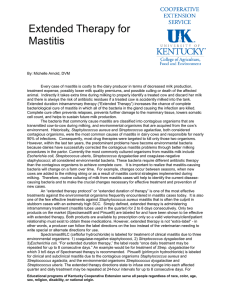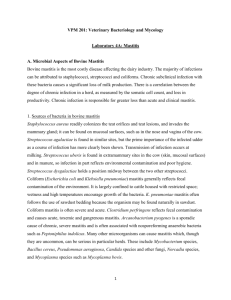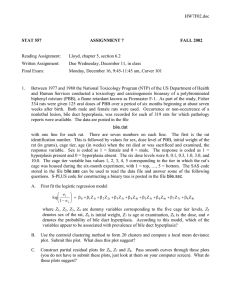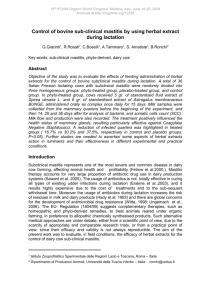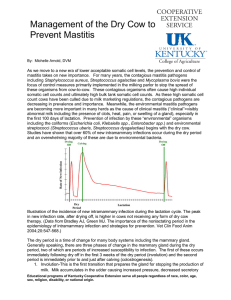E. coli mastitis a threat as cows are housed for winter
advertisement
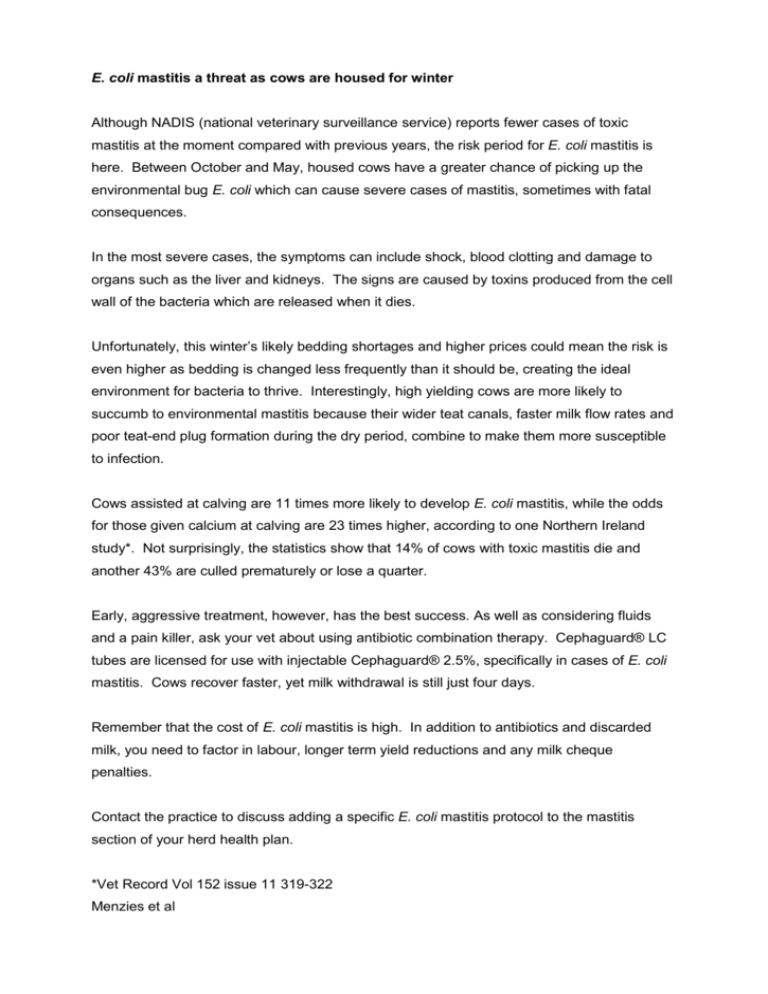
E. coli mastitis a threat as cows are housed for winter Although NADIS (national veterinary surveillance service) reports fewer cases of toxic mastitis at the moment compared with previous years, the risk period for E. coli mastitis is here. Between October and May, housed cows have a greater chance of picking up the environmental bug E. coli which can cause severe cases of mastitis, sometimes with fatal consequences. In the most severe cases, the symptoms can include shock, blood clotting and damage to organs such as the liver and kidneys. The signs are caused by toxins produced from the cell wall of the bacteria which are released when it dies. Unfortunately, this winter’s likely bedding shortages and higher prices could mean the risk is even higher as bedding is changed less frequently than it should be, creating the ideal environment for bacteria to thrive. Interestingly, high yielding cows are more likely to succumb to environmental mastitis because their wider teat canals, faster milk flow rates and poor teat-end plug formation during the dry period, combine to make them more susceptible to infection. Cows assisted at calving are 11 times more likely to develop E. coli mastitis, while the odds for those given calcium at calving are 23 times higher, according to one Northern Ireland study*. Not surprisingly, the statistics show that 14% of cows with toxic mastitis die and another 43% are culled prematurely or lose a quarter. Early, aggressive treatment, however, has the best success. As well as considering fluids and a pain killer, ask your vet about using antibiotic combination therapy. Cephaguard® LC tubes are licensed for use with injectable Cephaguard® 2.5%, specifically in cases of E. coli mastitis. Cows recover faster, yet milk withdrawal is still just four days. Remember that the cost of E. coli mastitis is high. In addition to antibiotics and discarded milk, you need to factor in labour, longer term yield reductions and any milk cheque penalties. Contact the practice to discuss adding a specific E. coli mastitis protocol to the mastitis section of your herd health plan. *Vet Record Vol 152 issue 11 319-322 Menzies et al
